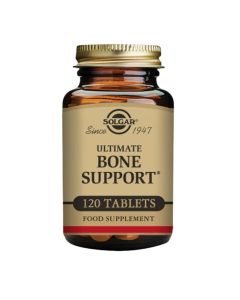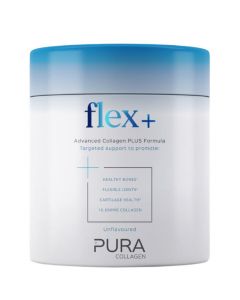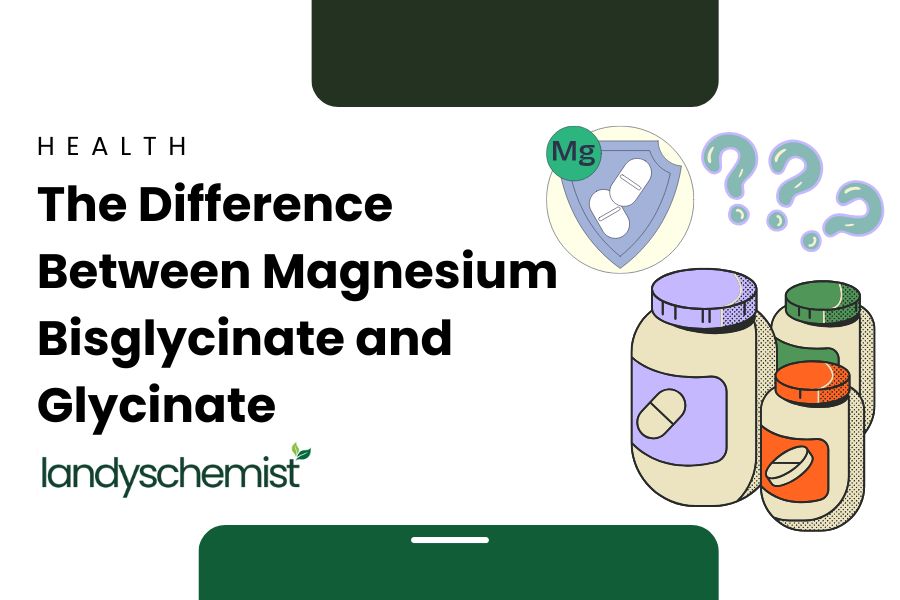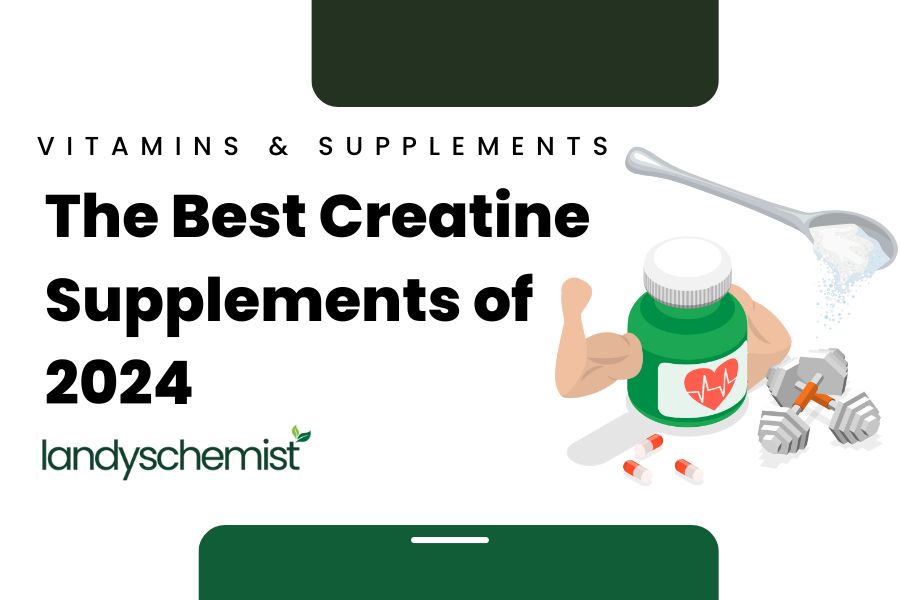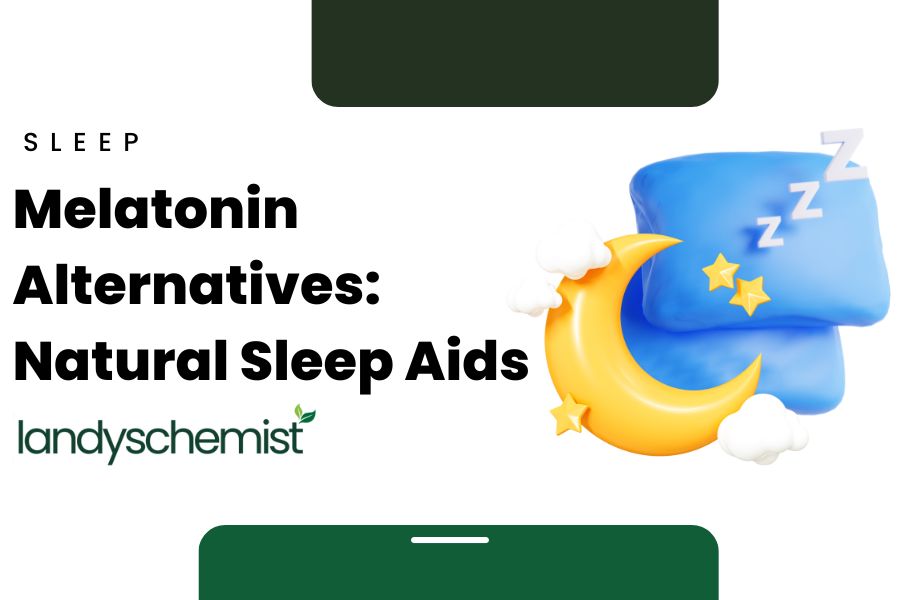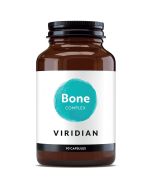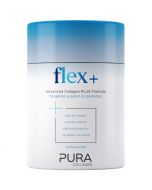
The best supplements for menopause joint pain
Menopause is one of the most transformative periods a women may go through and can cause both physical and emotional changes throughout this time. During this time, hormonal levels like oestrogen decline, and the ovaries stop producing eggs. This transition can bring about numerous symptoms like mood swings, fatigue, hormonal imbalances, and one that is significant is joint pain and aches.
Joint pain is something that can sometimes be overlooked or attributed to other factors, but there is an important link between oestrogen and collagen levels with aches, pain, and stiffness.
In this blog, we explore the best supplements that can help to reduce joint pain, aches, and stiffness during menopause.
Read More - Menopause 101: Everything You Need To Know
What causes menopause joint pain?
It can be hard to distinguish whether muscle and joint pains arise from menopause or arthritis. During menopause, women are increasingly likely to experience joint pain, osteoarthritis, and even osteoporosis due to a decline in bone density. This is due to a decrease in oestrogen levels which has anti-inflammatory properties and play a crucial role in not only reproduction, but growth and development.
A decline in testosterone and progesterone levels can also influence our bones, muscles, and soft tissues. Testosterone is a hormone which helps to support muscle growth, musculoskeletal health and helps to reduce inflammation. A decline in this hormone can contribute to joint pain, due to bone density being affected. Progesterone is a hormone which helps to reduce inflammation and pain by repressing synovial inflammation. A decline in this hormone can therefore cause the bones and joints to become affected, swell and become painful.
So how does oestrogen affect joints?
Oestrogen is a hormone with anti-inflammatory properties which is important for the growth and maturation of our bones within the body, as well as regulation of bone turnover and cartilage strength.
Oestrogen and cartilage metabolism
Studies have shown that oestrogen can influence joint tissue activity through molecular pathways, as well as regulating the metabolism of cartilage. Cartilage metabolism is necessary for the maintenance of our joints and supporting mobility. When there is a decline in oestrogen or cartilage metabolism is affected due to the presence of oestrogen receptors which are found in articular cartilage, bone and ligaments. This can impair the self-repair and regeneration of our tissue, affecting the connective tissues, joint and bone which can lead to inflammation and the development of osteoarthritis.
Oestrogen and bone density
Oestrogen is also important in regulating osteophyte formation or new bone cells. It plays a role in maintaining and preserving bone mass. When oestrogen levels decline during menopause, bone density decreases as there is a marked increase in bone resorption, increasing the risk of osteoarthritis and joint pain.
Oestrogen and collagen levels during menopause
Oestrogen is a hormone which can help to stimulate collagen and elastin.
A decline in oestrogen during menopause can also influence collagen levels within the body. Collagen levels start to decrease when oestrogen levels start to diminish. In fact, collagen content actually declines by 2% each year after menopause, persisting for up to 15 years in individuals who do not undergo hormone replacement therapy.
Collagen, a protein present in our body, plays an important role in imparting structure, strength and elasticity to various components including tissues, cartilage, connective tissues, and ligaments. With the ageing process, women can experience increased susceptibility to cartilage wear and tear, potentially resulting in damage. The concurrent decline in collagen levels further exacerbates this situation, affecting joints and causing stiffness and inflammation. Supplementing with collagen can be beneficial in alleviating discomfort and increasing bone mineral density.
What helps with joint pain during menopause?
Natural supplements to relive joint pain during menopause
Natural supplements like omega-3 fatty acids are great to support joint health as they can help to reduce inflammation and stiffness around joints. An intake of omega-3 fatty acids can also help to support the bone mineral content, supporting strong and healthy bones which is important during menopause.
Other supplements including collagen are also beneficial as they help to maintain the integrity of cartilage and connective tissues, promoting joint health and mobility.
Staying active during menopause
Staying active and exercising during menopause can help alleviate joint pain, slow down the rate of bone loss, strengthen the muscles around the joints and improve balance. This can help to promote overall joint health. Low impact exercises like yoga and swimming can also help to reduce inflammation and stiffness.
A healthy diet during menopause
A diet rich in anti-inflammatory foods like fruits, vegetables, whole grains, and minerals like omega-3 fatty acids can help to reduce inflammation within the body. Staying hydrated can also help to alleviate inflammation and joint pain as well as maintain lubricated joints.
What are the best supplements for menopausal joint pain?
Solgar Ultimate Bone Support Tablets are an all-in-one formulation to support your bones. It contains 7 minerals including calcium, magnesium, vitamin D3, K2, zinc and manganese which has been scientifically researched to support strong and healthy bones. This blend contains amino acid chelates, citrates and malates ensuring that these minerals are easily absorbed and utilsied within our body. These vegan, vegetarians capsules are also free from dairy, gluten ,soya, wheat and yeast!
Pura Collagen flex+ Advanced Collagen PLUS Formula combines halal certified bovine collagen with manganese and vitamin C to help deliver strength, structure and elasticity to muscles, tendons, cartilage, and connective tissue. This collagen powder uses Fortigel Bioactive Collagen Peptides which help to increase the bone mineral density, stimulate cartilage regeneration, and support joint mobility to reduce pain. The inclusion of manganese and vitamin C help to strengthen ligaments and tendons whilst contributing to normal collagen formation.
The Bare Biology Life and Soul Daily Omega-3 Capsules provide 860mg of EPA with 440mg of DHA, the two most important types of omega-3. These capsules provide zero fishy aftertaste, are gentle on the tummy and are IFOS tested and certified for purity.
Summary:
- Menopausal joint pain arises from a decrease in oestrogen levels, impacting bone density and cartilage metabolism, leading to inflammation.
- Declining levels of testosterone and progesterone during menopause can also contribute to joint pain by affecting muscle growth and reducing inflammation.
- Strategies to alleviate menopause joint pain include natural supplements like omega-3 fatty acids and collagen, staying active with low impact exercises and maintaining an anti-inflammatory diet rich in fruits, vegetables and omega-3 fatty acids.
By Saarah Mengrani, MSc Biotechnology

